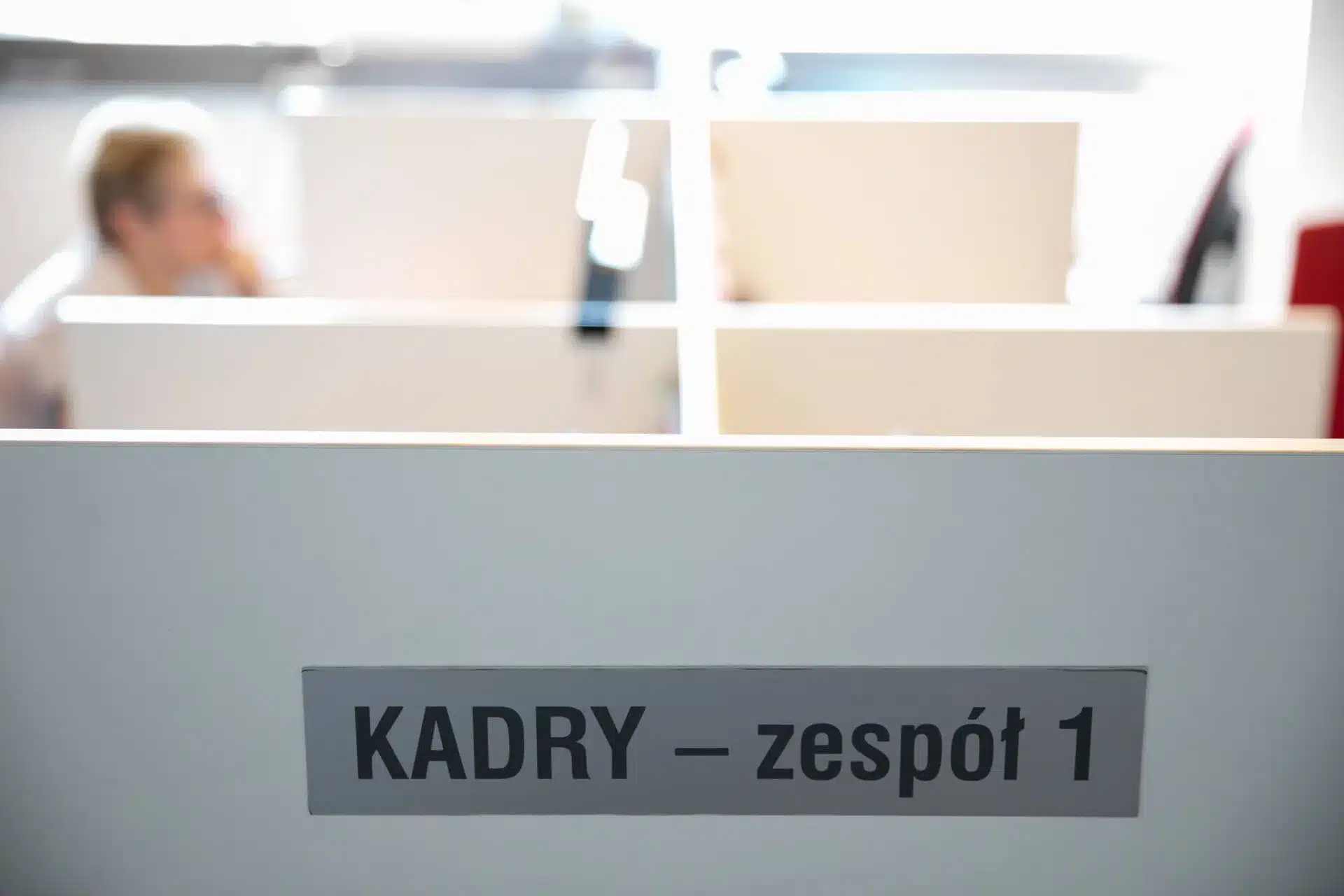By 2026, ESG reporting will apply to 35,000 companies in Poland, and the key goals of the country’s Energy Policy until 2040 (PEP2040) will necessitate a threefold increase in employment in the renewable energy sector. A shortage of specialists is prompting employers to invest in developing employee competencies and adapting recruitment strategies.
ESG Experts in High Demand
The introduction of the CSRD (Corporate Sustainability Reporting Directive), which requires European Union companies to provide detailed ESG (Environmental, Social, and Governance) reporting, has significantly increased the demand for ESG managers in Poland. By 2026, about 35,000 organizations will be required to comply, a substantial rise compared to the current 150 firms. However, employers face challenges due to a shortage of qualified specialists in this field. In response, companies are heavily investing in employee training and adjusting recruitment strategies to attract experts capable of effectively implementing sustainable solutions.
“Working in ESG requires an interdisciplinary approach. It involves analyzing problems and the current state, translating that into strategies and solutions, presenting them, persuading decision-makers, and ultimately implementing them, which requires strong technical and project management skills. These roles offer exciting development opportunities, making the job market interest quite high,” says Piotr Sulerzycki, Director at Michael Page Property & ESG.
The demand is also increasing for managers who can comprehensively manage ESG projects, especially in the construction sector, where BREEAM and LEED certifications are becoming standard, and the EU mandates climate-neutral buildings by 2050.
“ESG development is driven by complex legislation, creating demand for skills related to legal aspects and risk management. Energy transformation focuses on clean technologies, energy efficiency, and circular economies, which are the future of this market. Therefore, employers seek innovative, open-minded employees,” adds Sulerzycki.
Among the three most sought-after roles is the ESG Lead, earning up to PLN 20,000 gross (an 11% year-over-year increase). Other high-demand positions include the ESG Manager (PLN 17,000-25,000 gross) and ESG Director (PLN 30,000-50,000 gross).
Demand for Specialists in the Energy Sector
The Renewable Energy Sector (RES) is currently a major driver of employment in the energy industry, with high demand for engineers, project managers, and sustainability experts. The five most sought-after roles include:
- Project Development Wind Manager
- Project PV Development Manager
- Grid Manager
- Energy Expert (Energy Data Analyst)
- Land Acquisition Manager
These trends are influenced by Poland’s Energy Policy until 2040 (PEP2040), which outlines the country’s energy transformation framework.
PEP2040 aims to ensure energy security, economic competitiveness, energy efficiency, and reduced environmental impact. Currently, renewable energy sources account for over 44% of Poland’s installed electric capacity, with PEP2040 targeting 73%.
“In 2025, we expect significant interest in energy storage systems. The grid lacks the capacity to handle current demands, leading to renewable energy project shutdowns. We also foresee growth in wind energy projects, driven by potential updates to the ‘wind turbine act.’ Liberalized regulations will allow these projects to proceed. Additionally, biogas projects using biomethane are gaining traction. In photovoltaics, hybrid project models are becoming more common. The balancing market plays a crucial role in Poland’s renewable energy context. Overall, the energy industry is focused on growth,” comments Małgorzata Wojdyna, Manager at Michael Page Energy.
According to the Talent Trends 2024 report, energy sector specialists are satisfied with their jobs, primarily due to competitive salaries (75%). Salaries remain relatively stable compared to the previous year. For example, a Project Manager (RES) earns between PLN 18,000 and 20,000 gross, while a PPA Manager earns PLN 22,000 to 28,000 gross.
Dynamic Changes Require Continuous Learning
The rapidly changing energy market demands continuous knowledge updates and technical skill enhancements. Employers are looking for professionals with a mix of soft skills and experience. Familiarity with legal regulations is also essential.
“Employers seek specialists in land acquisition and permitting to advance projects to the construction stage. Analytical skills for optimization are crucial at every project phase. Flexibility and mobility remain key trends. Additionally, candidates should expand their skills to new energy sources. Those with experience solely in photovoltaics will need to upskill in wind projects and energy storage. Early-stage project development skills for maintaining, evaluating, and optimizing projects are also valuable,” concludes Wojdyna.
Source: ManagerPlus
